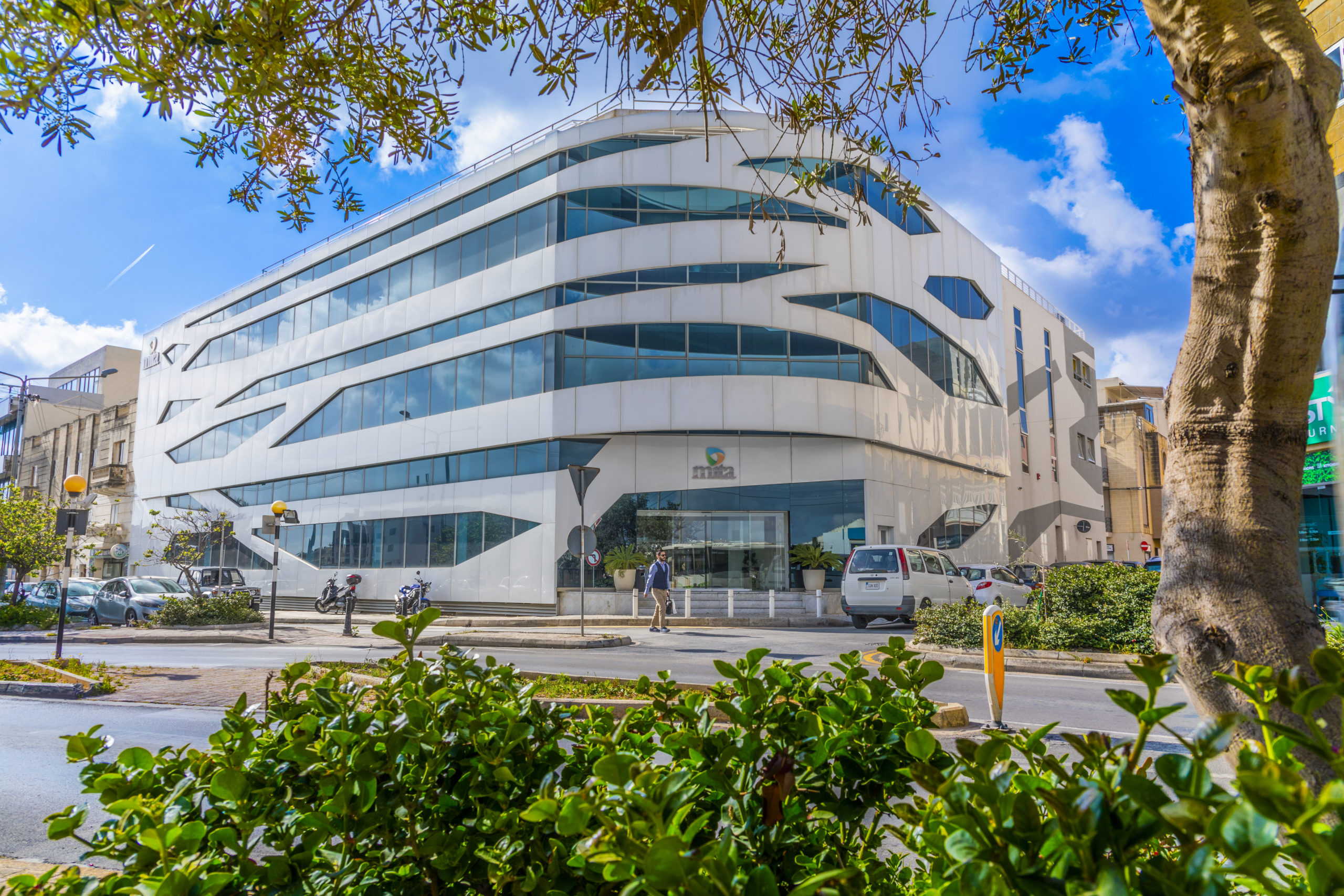The Malta Information Technology Agency (MITA) has announced its 2021-2023 strategy, with a focus, among others, on information security of Government’s digital assets and enhancing cyber security at a national level included as part of its seven guiding pillars.
MITA is the public entity vested with the responsibility to provide ICT infrastructure, systems and services to Government that leverage a modern digital ecosystem and contribute towards the definition and execution of the Government’s digital strategies that sustain a modern digital economy.
Government depends heavily on MITA’s services and provides the state with digital infrastructure and platforms to carry out its services.
According to Cybercrime Magazine, through a report published in 2019, cybercrime damages will cost the world $6 trillion annually by 2021. Locally, Malta has not been spared from cybercrime incidents.
In 2019, Bank of Valletta was forced to shut down its entire grid after hackers targeted €13 million from the bank. In January 2021, one of Malta’s largest internet providers, Melita, cut services across several localities after a DDOS attack by “cybercriminals aimed to extort money from ISPs”.
Indeed, as global economies increasingly depend on digital infrastructure to keep the wheels turning, MITA has included information security of Government’s digital assets while enhancing cybersecurity at a national level as a top pillar.
The remaining six pillars are as follows:
- Advise Government in shaping and adopting digital policy and strategic-level direction, at a Public Administration, national and international level;
- Strengthen core ICT infrastructure, hosting environment and operations to improve uptime, efficiency and resilience;
- Innovative solutions and ecosystems through applied research, capitalising on emerging technologies and use of data;
- A consolidated, harmonised approach, in providing modernised digital platforms, shared services and information systems;
- Provide solutions that facilitate Public Administration operations and increase uptake ofdigital technologies within society;
- Internal support functions, systems and tools to simplify processes, improve effectiveness and ensure efficient operations.
Employer bodies call urgent MCESD meeting over ‘serious concerns’ about PM statements on judiciary
Prime Minister Robert Abela has repeatedly questioned the timing of the publication of the Vitals inquiry
Political earthquake in Malta: A rundown of politicians, civil servants and businesses facing charges
Joseph Muscat is the first former PM in Malta’s history to be facing criminal charges
BOV’s points to ‘strong governance structure’ as questions resurface about €36 million loan to Steward
The bank also declined to comment on the €400,000 golden handshake given to its former chief risk officer






